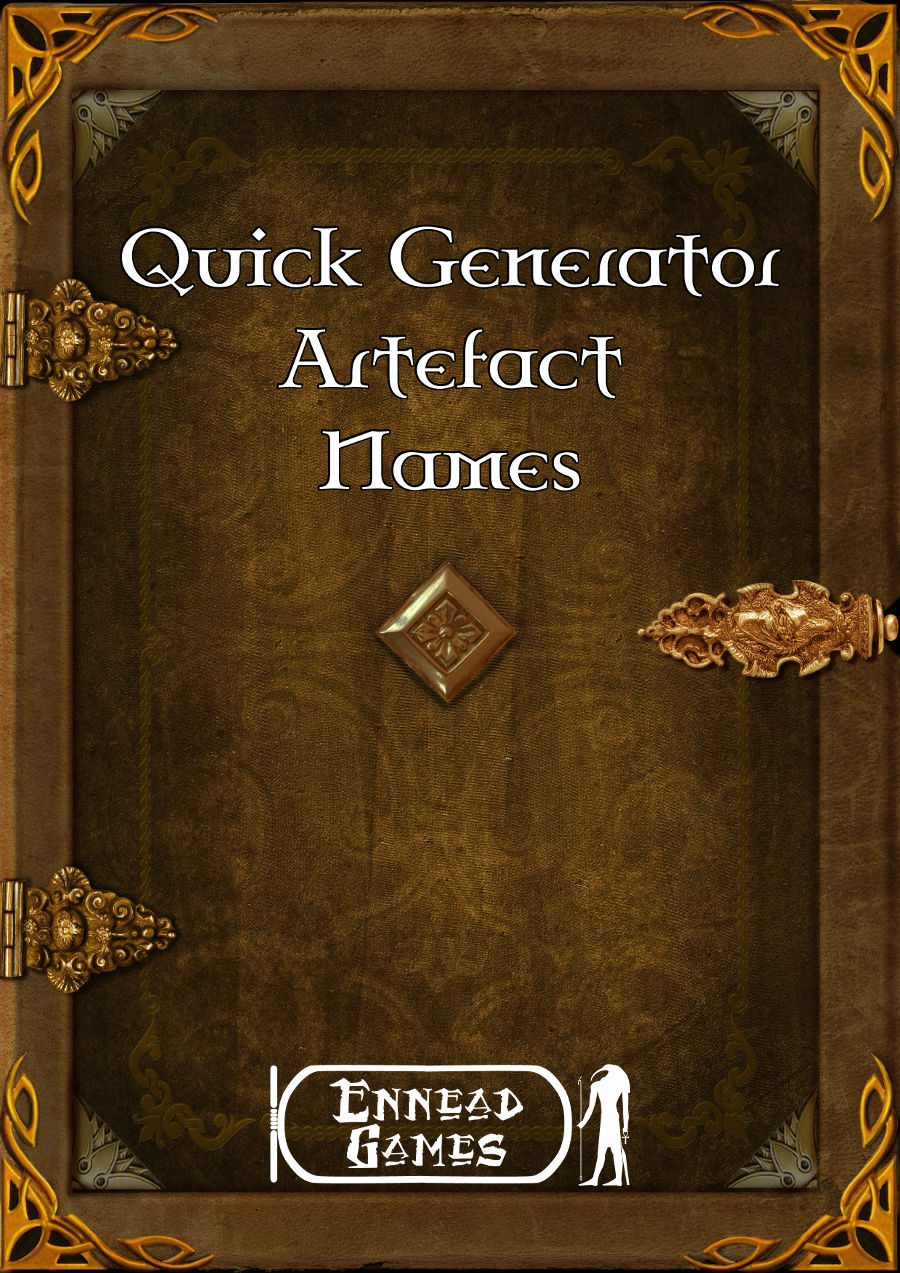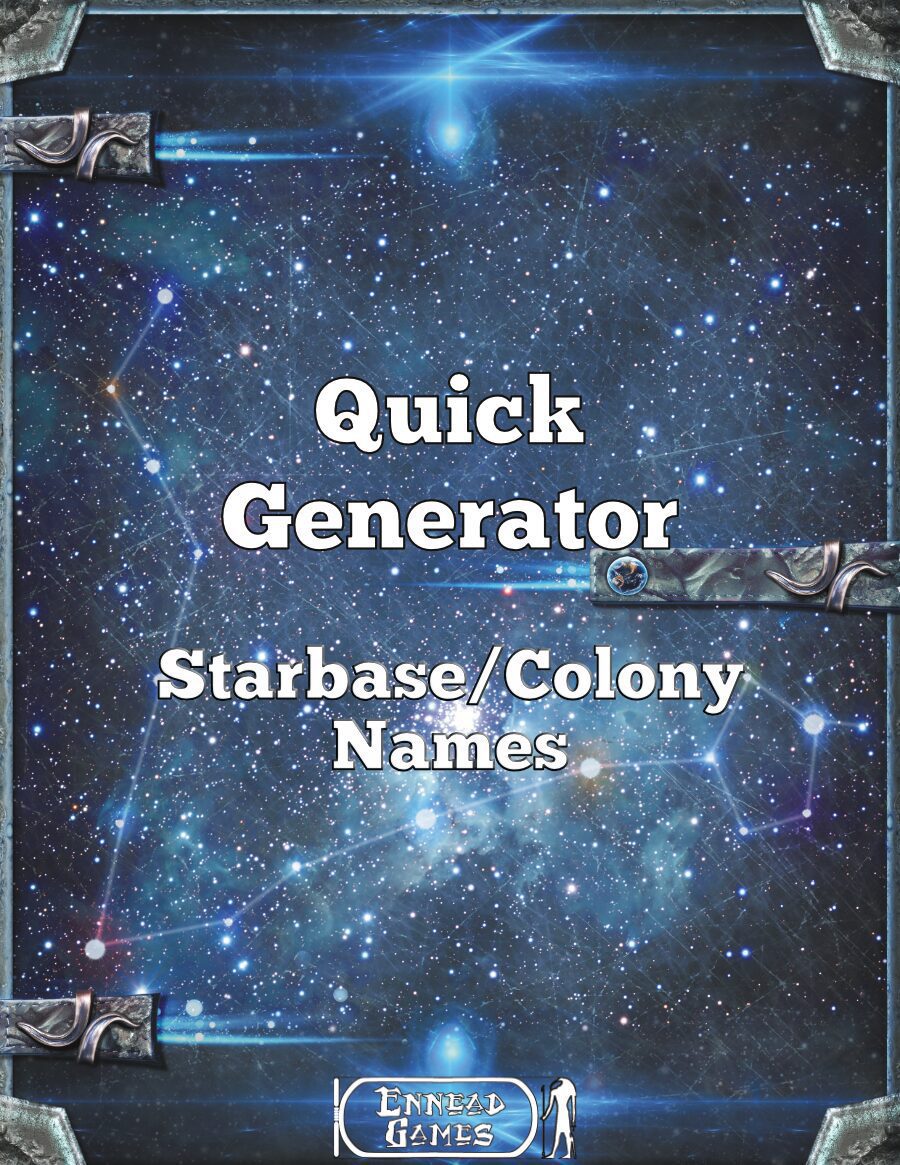Yearly Event: Assassination of a Lord (Felmont 9th)
A high-ranking lord (emperor, king, prince, chieftain, daimyos, governor, prime minister, minister of state) is assassinated. The PCs may fall under suspicion if they had dealings with that NPC. They are automatically suspected if they are enemies of the one assassinated.
Assassin(s): Not caught or dead.
PCs: Not accused.
Succession: The one assassinated has a successor (hereditary or not). The court is in turmoil.
Monthly Events
1- Birth: Should any PC be married, he learns at this time that he is to have a child. The actual birth will occur in 8 months. If this does not apply, a local noble or government official has a child. There will be some feastings and celebrations. The child’s name will be Alabar Ushunesh.
2- –
3- Excessive Taxes: A new edict comes from the ruler of the land, setting the taxes upon the peasant at an impossible rate. The ruler may need to finance a military campaign, rebuild sections of the kingdom destroyed in a natural disaster, or may just be corrupt. Poorer peasants are driven into poverty or debt-slavery. Many are forced to sell their lands at low prices and take up begging. Everyone tries to find ways to avoid the new taxes (petitioning for special exemptions or hiding their goods).
Uprising by the peasants caused by excessive taxes: No uprising.
Increased bandit activity: There is an increase in bandit activity as the impoverished peasants flee to the hills.
Bandit Activity: A force of 60 bandits (led by a paladin of Incatantoatl named Borgar Moeidsdottir the Fair Buttered-Bread) have moved into the area and are being particularly active. They may have been driven out of a neighboring region or may have naturally gravited here. They establish a stronghold in some remote place, preferably deep in the mountains.
They have spies and informers in the towns and villages, appraising them of the movements of merchant caravans and treasury shipments.
Mercenary guards are in great demand. If the government of the area is effective, troops are called out to drive the bandits from the region. Merchants and travelers are suspicious of strangers. If the government troops are ineffective, the bandits stage raids on the small villages, robbing their grain shortly after each harvest. The bandits remain in the area until they are defeated or the pickings become too slim to be profitable.
A caravan moving through the region has 50 percent chances of being attacked (100 percent if a merchant or official is so indiscreet as to publicly let out that he is transporting a valuable cargo). A lone traveler has 80 percent chances to be robbed.
4- –
5- Recruiting: Men are needed to shoulder arms and special measures are taken to recruit soldiers. These include enforced levies of peasants, bounties offered to capable officers, and recruiting gangs.
PCs: Nothing special.
6- Spies: Spies are sent into the region by another province. They come to gather information for their lord.
Spies are discovered: yes. The lord of the province starts an operation to determine if he was the only spy.
PCs (if spies are discovered): nothing special.
PCs with a powerful enemy (if spies are discovered): nothing special.
Injustice (if spies are discovered): none.
7- Spies: Spies are sent into the region by another province. They come to gather information for their lord.
Spies are discovered: no.
PCs (if spies are discovered): nothing special.
PCs with a powerful enemy (if spies are discovered): A PC (or all of them) are wrongfully accused of spying.
Injustice (if spies are discovered): none.
8- Minor Incursion: A small force has moved into the region, with the intent of establishing a permanent home there. The force may or may not be friendly or good. Unlike the yearly event, this incursion is not a gradual process but rather a sudden arrival of people or creatures from another area. Typical incursions are a band of spies sent to investigate, reinforcements to a bandit gang, the punitive expedition of a neighboring warlord, or the raiding party of a tribe of monsters.
Kind of creatures: Humanoids (human).
9- –
10- Accident: Some type of terrible accident occurs in the area (DM’s choice). A bridge across a raging river may collapse, lightning may strike a building, a horse-drawn cart may rampage through the streets, a levee may break, etc. It will be the topic of conversation for some time afterwards.
The accident will: cause some inconvenience and a loss of life.
11- –
12- Uprising: Dissatisfied with their poor lot, the peasants rise spontaneously in rebellion. Their leader is a monk named Ch’aisao Naosao. They may be protesting against injustice, excessive taxes, or their general misfortune. The uprising begins in one or two villages and spreads quickly to the other rural areas of the region. The peasants arm themselves with whatever is at hand. Only 10 percent of the peasants involved have proper armor.
The peasants have no military plan or strategy, simply attacking and ambushing any troops and officials of the government they find. If a strong leader should arrive in their midst, they can be trained into an effective fighting force in 2 months. Of course, uprising are dealt with severely by the government and reinforcement troops are dispatched to deal with them. No mercy or quarter is shown, a fact that causes the peasants to fight to the death.
When an uprising occurs, there are many positions a PC can fill. Unless the PCs can manage to swing the balance of power the uprising is doomed to failure and all who took part (and their families) may be executed if captured.
The DM must determine the size and type of the forces involved.
Monastery in the area: It does not support the uprising.
Government: It does not react to the complaints of the peasants.
Bandit Activity: No increase in bandit activity.
Related articles
- Ulterior Motives (wizards.com)
- D&D Encounters: Against the Cult of Chaos (Week 1) (dungeonsmaster.com)
- D&D Encounters: Against the Cult of Chaos (Week 2) (dungeonsmaster.com)




